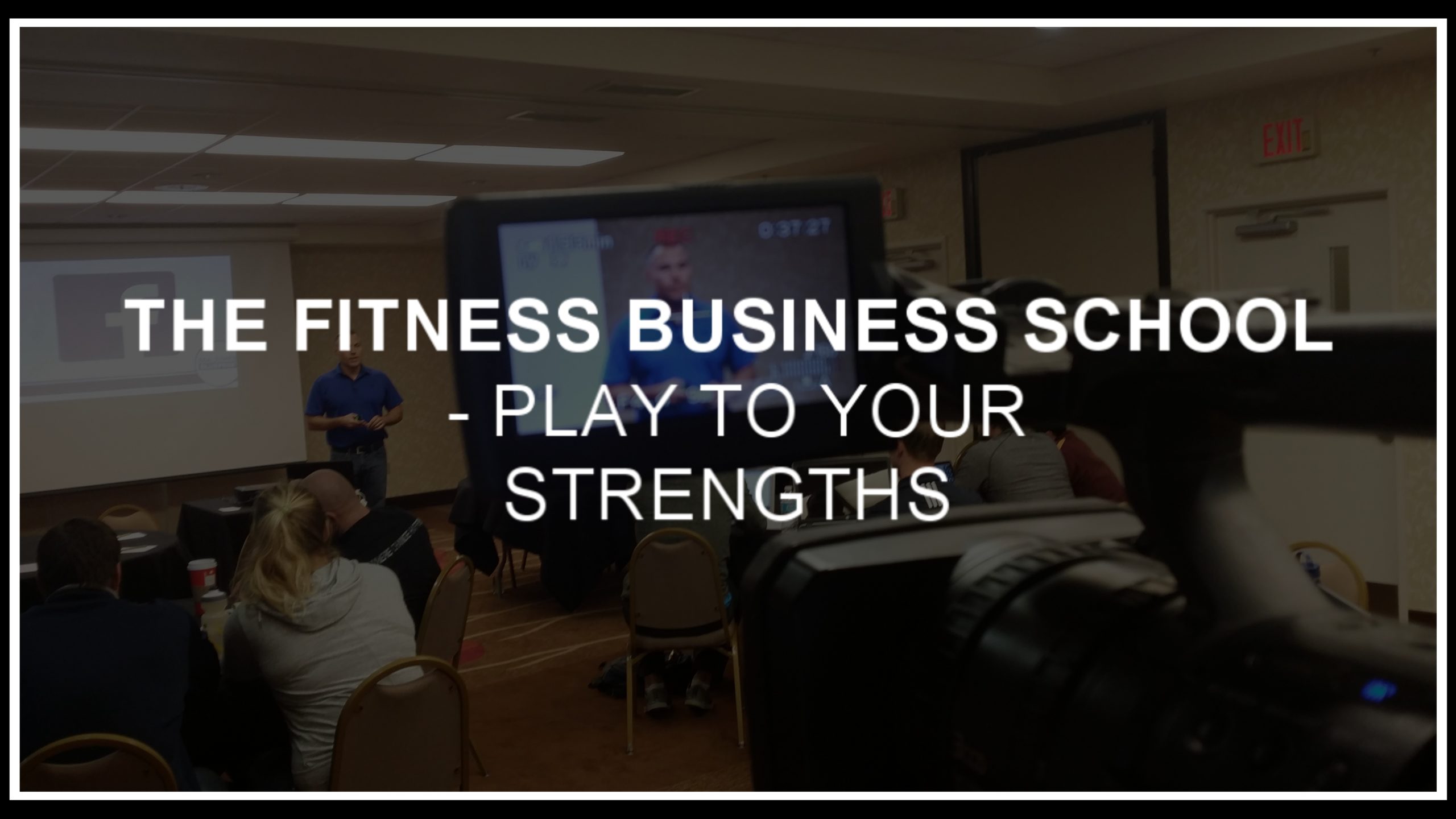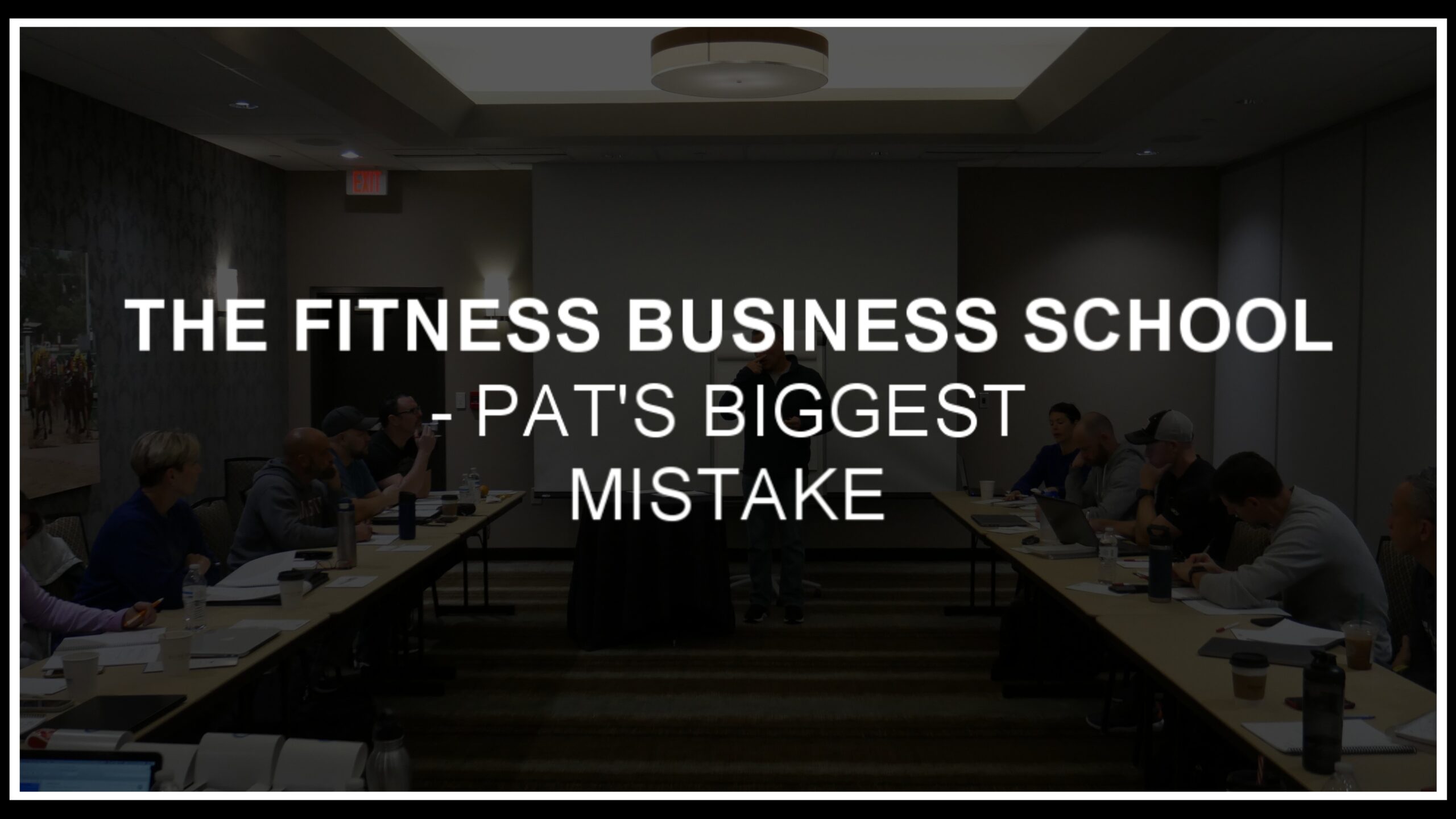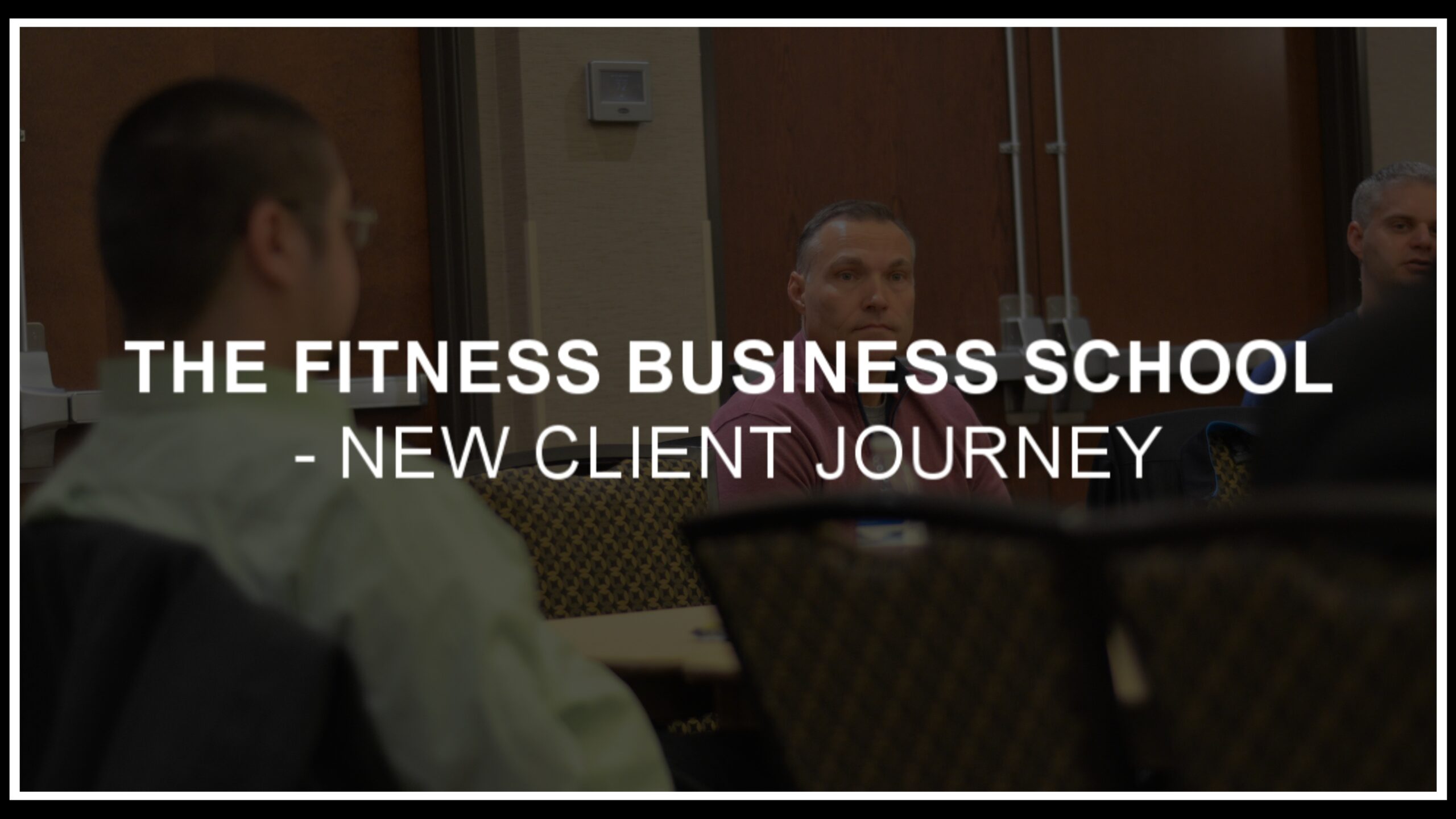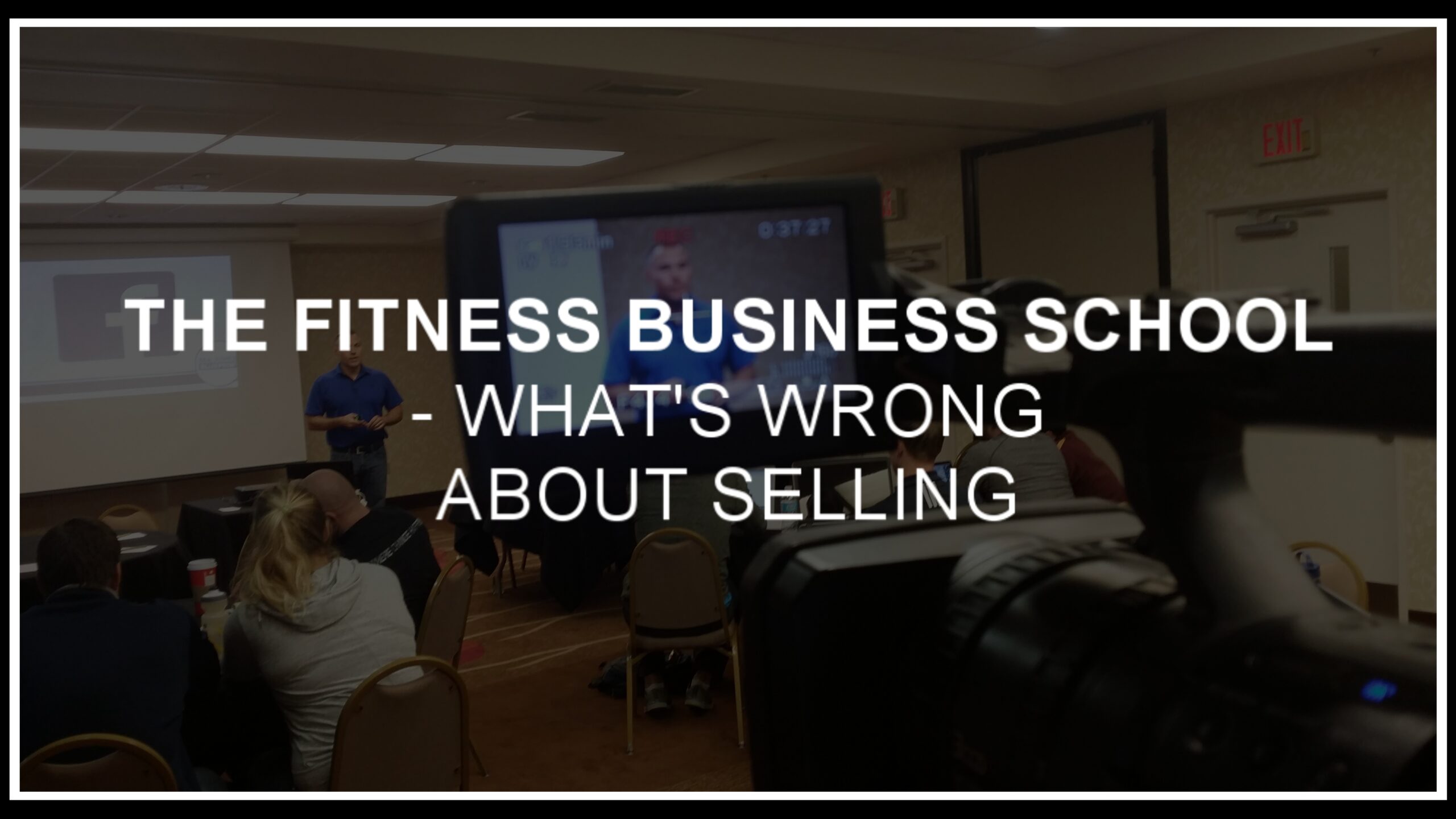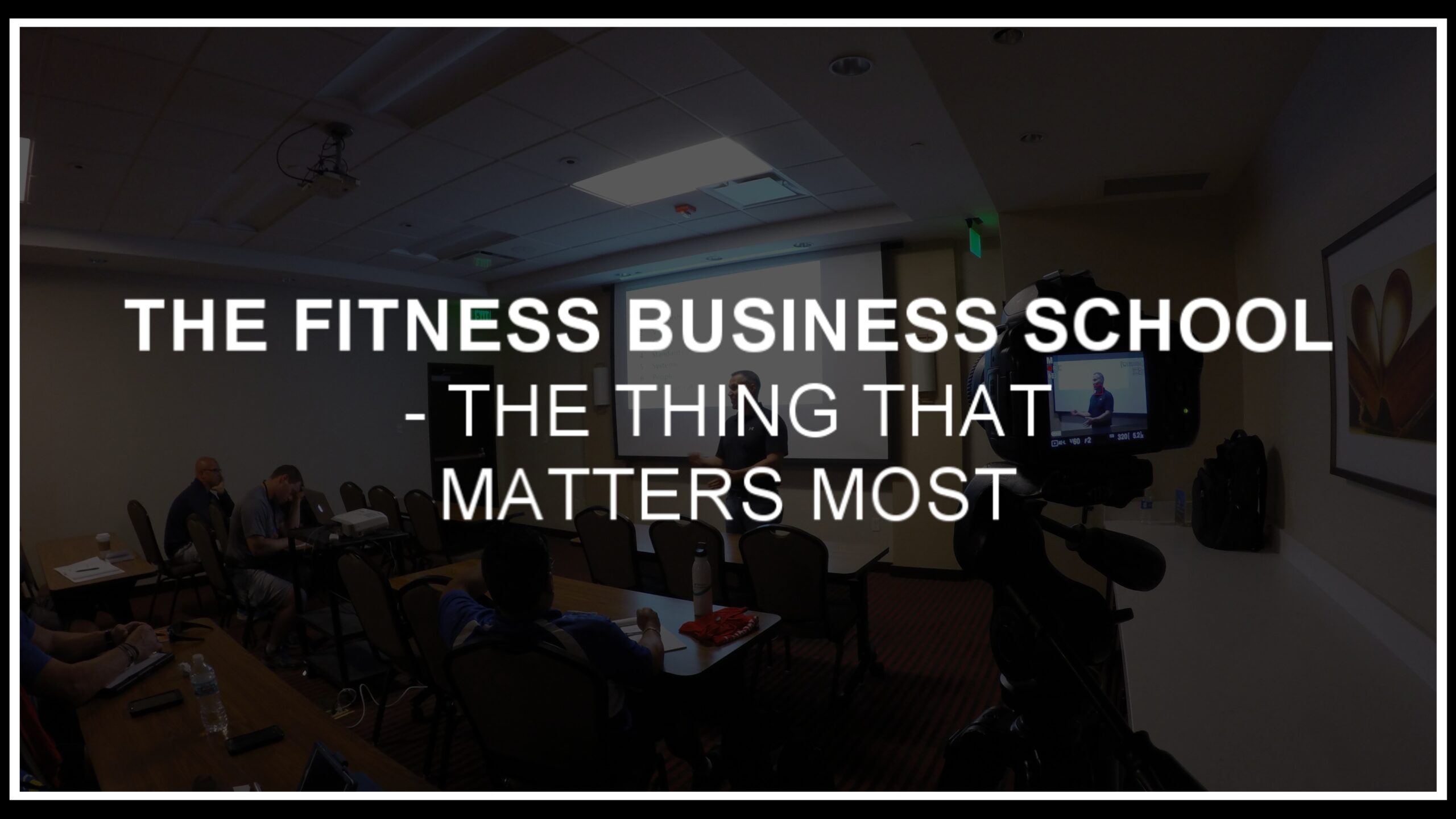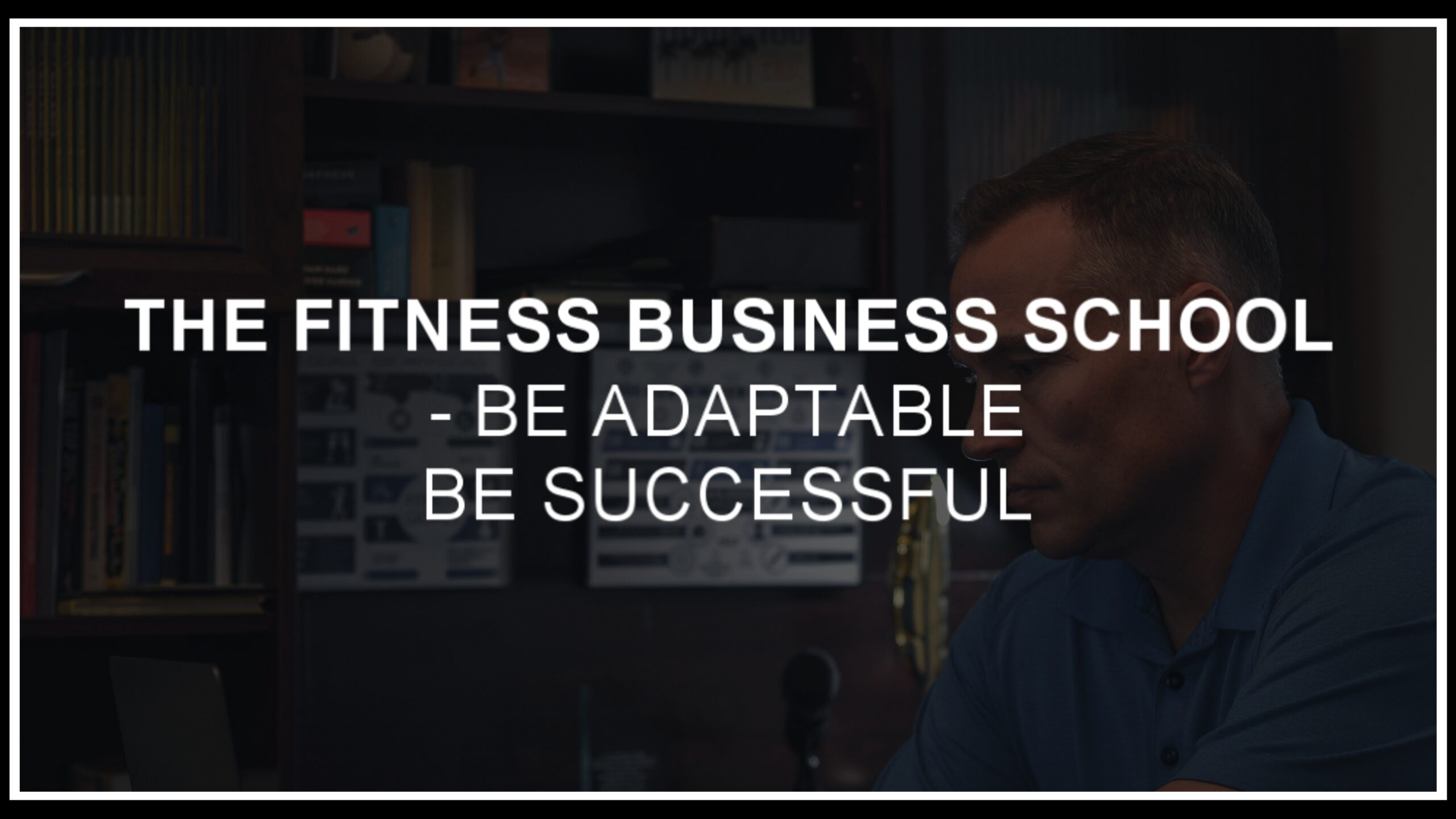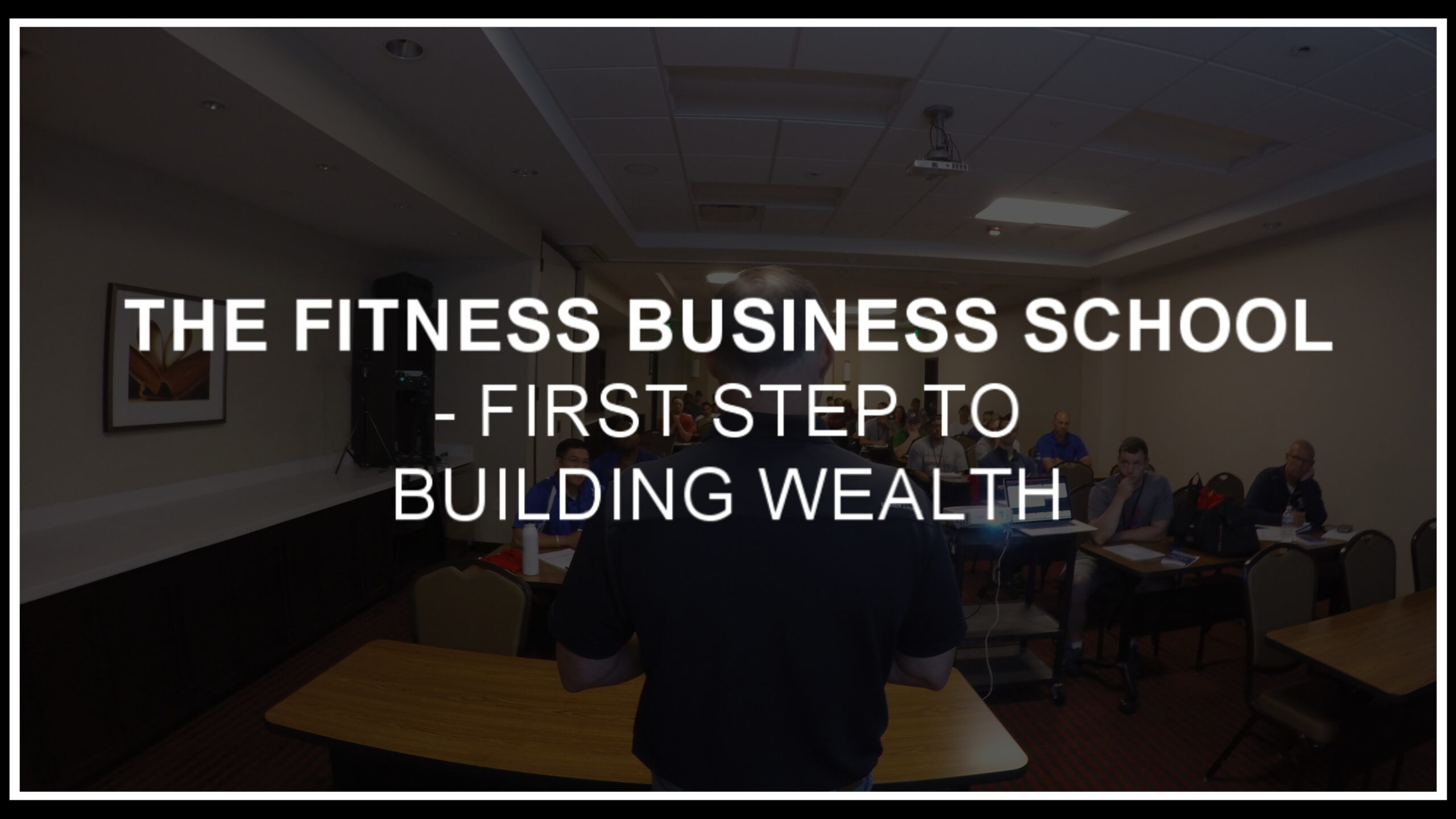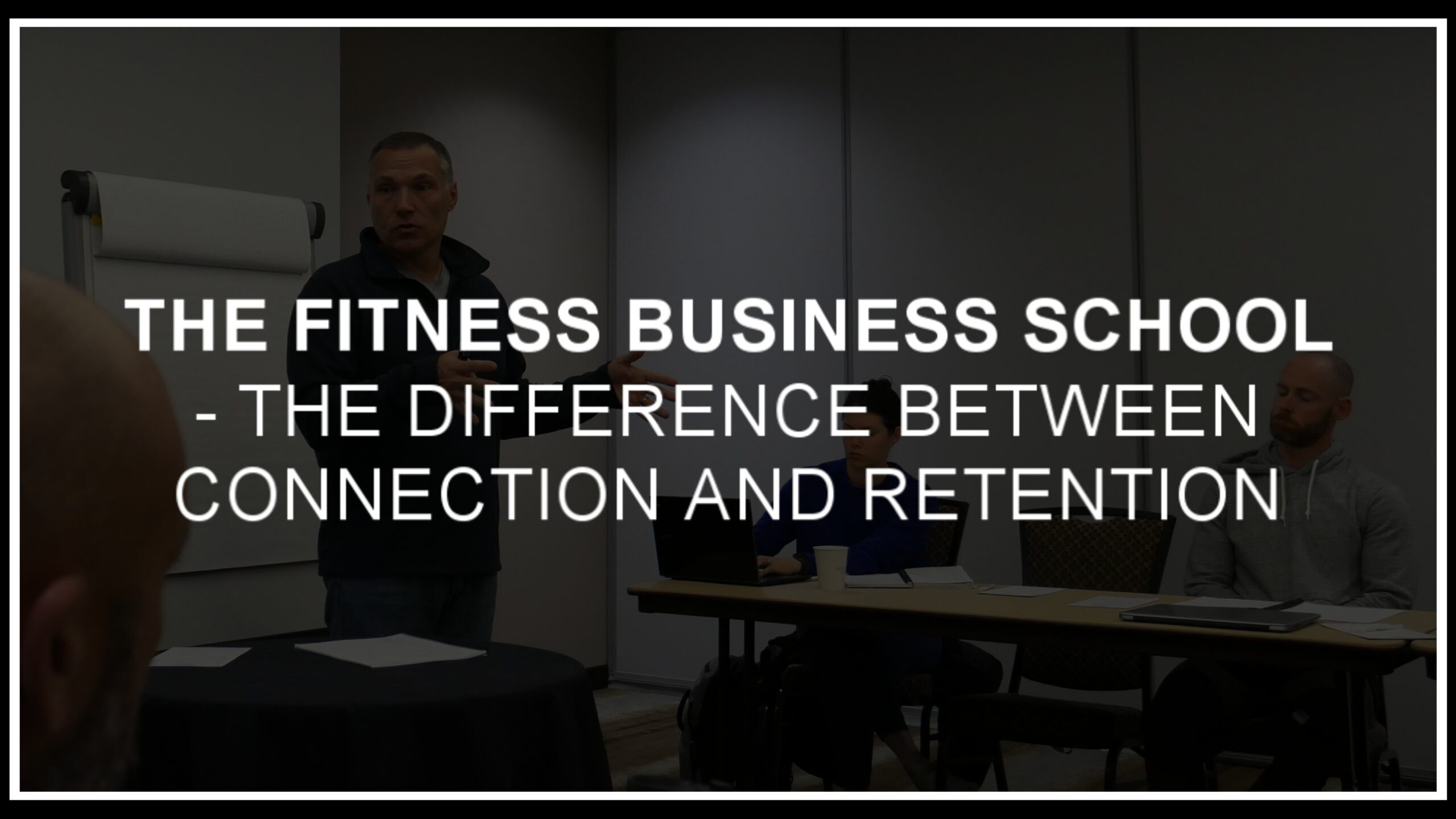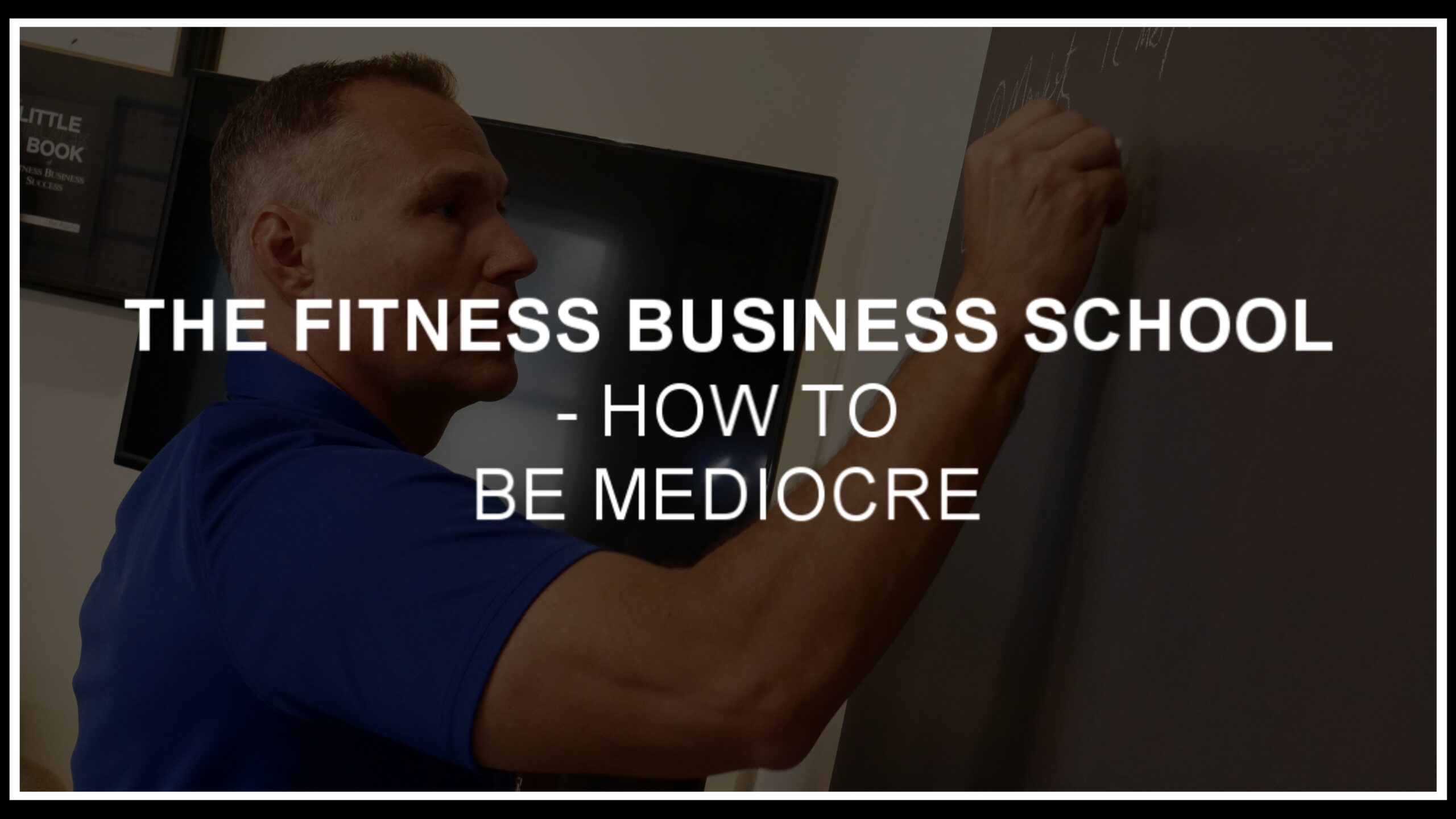Show Notes
- People often don’t lean into their strengths
- The best mule still finishes last in a horse race
- You need to do things that are interesting enough for you to get great at
- Pat developed his writing to the point its his business driver
- Writing and coaching are the experiences Pat build around
- Be you – not a a bad imitation of someone else
- You don’t have to do your weaknesses. Hire out or determine if they’re even necessary
- Surround yourself with people who play to your weak spots
- Wear many hats to start – then delegate when you can afford to
P.S. – 6-Weeks of Coaching…Free.
Get a surge of new clients and revenue over the next 6 Weeks with ZERO FEE and no obligation to continue?
If you’re a current business owner who wants to add 50K or more in annual revenue over the next 12 month, you can Test Drive our coaching program for 6 Weeks with no fee or even an obligation to continue as a way to demonstrate how we can help you grow your business.
No strings attached. No obligation. You get our best coaching & tools…and hopefully, you’ll love it enough that you want to keep working together.
Would you be interested in discussing?
If so, email me here with ‘interested’ in subject line and we’ll set up a chat.
Full Transcript
Hey, Pat Rigsby here and in this episode I wanna talk with you about building a great business by playing to your strengths. Let’s get to it.
Welcome to The Fitness Business School podcast – the show for fitness business owners who want to grow their income, increase their impact and improve their lifestyle. Be sure to listen til the end of this episode, because we have a brand new special offer exclusive for listeners. So stay tuned.
For as long as I could remember, there are so many people that have kind of talked about kind of shoring up your weaknesses, and if you’re not great at this thing, then you need to get better at that. And it, it, it always kinda struck me as the wrong way to approach stuff, because the people who are great in any category, if I’m not excited about something, if I don’t have an interest in being great at that thing, I’m never gonna catch that person in that respect, and let’s face it, their, their strengths that each of us have and make no make no mistake. I’m not talking about just inherent talent. I’m talking about things that we are willing to do, what it takes to be great at because I mean, let’s face it.
I live in Kentucky. I live in, you know, maybe 20 minutes from Churchill downs where they hold the Kentucky Derby. You could have the best mule on the planet. You could train that mule like a thoroughbred. You could do everything humanly possible to prepare that mule. And they’re not going to do anything, but finish last in the Kentucky Derby because that’s not their strength, right? Like they’re, they’re competing in an arena that they’re at a disadvantage. Now, if you wanna build a great business, you need to lean into your strengths. And I don’t necessarily mean just like passions or anything like that. But your experiences, things that you have done successfully, things that you are interested enough in to become, you know, strong in to become good at use those as, as your foundation to give you a little bit of context for that. I certainly wouldn’t consider writing some inherent talent of mine. I was somebody who struggled with writing.
Growing up, I remember back when I was a college baseball coach, there’s a, a quarterly publication that the coaches association would send out four separate times. I submitted articles and this is a pretty you know, at the time it was a pretty low bar to meet, to, to, to get in this publication. I submitted four different articles, got rejected all four times. And yet somehow Since then I have authored or co-authored 18 books. I have written a daily email newsletter for Probably in the neighborhood of 6,500 consecutive days. I have Used writing as a driver to build Multiple seven figure businesses and reach that Kind of Seven figure benchmark for now 15 consecutive years. And, You know, And I don’t think anybody growing up, any, any teacher of mine, especially an English teacher or something of that sort would’ve ever said, writing would’ve been a strength, but it was something I, I wanted to be good at. I wanted to develop that and it became a strength.
And so I’ve been able to build around it. I I’ve coached for now, gosh, probably 28 consecutive years. I’ve been a coach and I was very interested in becoming a better coach and that over time became a strength. So things like building relationships, following up coaching writing, they they’ve been strengths. I’ve been able to build around and use as the foundation of successful sustainable businesses. Just as those are mine, you have your own set of experiences, things that you’ve Had some sort of success with. You’ve had things that you were willing to do, what it take takes to get good at those are your strengths build around those. Don’t try to be, you know, don’t try to be a bad imitation of someone else back when I was coaching baseball. I knew by, by my season, I was very clear about what the strengths of Our, Our program had the potential to be what the strengths of the, the university, the, the community could be. And I really kind of retrofit the entire program around those because we didn’t have certain resources. I, those weren’t gonna be strengths.
So I didn’t spend a disproportionate amount of time there trying to shore those up to, to make them just passable. No, I said, okay, what are the things that we can be great at? What are the, the resources we have that we can build around? And as soon as that clicked for me, we went from being a very average per program to a nationally competitive program. And, You know, my first training business, kind of the same thing, I, the, the fact that There We were in a, what I would consider not necessarily a an experienced market with personal training, a a very kind of middle class, lower middle class economic town. You know, there were certain things that probably weren’t gonna work if I tried to just model what people in New York or LA were doing from a, an investment standpoint. You know, and so instead, you know, my strength was being adaptable, being flexible and noticing that, okay, we got different circumstances, let’s build around those. And within 18 months we had 420 clients in a town that when I moved to that town, I would guess that there were no more than 20 people utilizing a personal trainer. The day I moved in. So you know, of that again, was being able to play it to a strength. So you may be saying, okay, well, that’s great, but what if certain things, aren’t my strengths? How do I navigate those?
Well, some of them, you just don’t have to do, you know, we don’t have to do everything. I am not somebody who is excited about video content, like, you know, doing reels and tos and things like that. So I just don’t do ’em, but, you know, there are certain things that I, I don’t know that I would’ve ever considered the accounting side of business, my, my passion, a strength. So I went and found a, a really good accountant that I liked. And that’s the stuff that he’s great at. That’s the stuff he he’s interested in being better at, at the strength of his. And I compliment myself with people around me who are good at the things that I am not. I create systems for things that may not be my strength, so it streamlined. So I had to put, lay us time into them. So systems automations, I delegate things. I, I find people that definitely are more operational minded than, than I am, or you know, have, have more patience with some, some of the minutia and, you know, and, and that’s what they’re great at. And I’d rather pay somebody to do what they consider their strength than what I see them to be really, really good at and build my business around mind. And I would recommend that you do the same now. Sure. When we start a business, a lot of times we have to wear every hat. I mean, I certainly wouldn’t tell you that painting and staining floors are a strength of mine, but I did those in my, in my first facility because I needed to save money.
But the minute I could delegate things that weren’t my strengths and say, okay, I can do this other thing that I am good at, that I am excited about doing and make enough money to pay somebody else to do things that I’m not good at. I found a way to be more effective and to gain efficiency. So If you want To build A Better business, I’d recommend you lean into playing to your strengths.
Thanks for listening to this episode of The Fitness Business School. Before you go, I have a quick announcement. When I first connect with a fitness business owners, they almost always asked me, how can I get more clients or make more money? Well, I have an exclusive offer for you, and it’s gonna help you do just that. As a listener of this show, you can test drive our business growth accelerator coaching program for FREE.
BGA is a one of a kind program where you get done-for-you marketing tools and a level of coaching that is unmatched in our industry to help you attract more qualified prospects and convert them into paying clients, ultimately making you more revenue and personal income.
Imagine having every tool template ads, script you need all proven to convert in, ready to use. Plus you have access to over 10 weekly live video coaching sessions to help you with everything from dialing in your ads, to mastering your mindset. You get all of this and more when you joined BGA and to help you succeed, I’m going to do something I’ve never done before. I’m going to let you test drive BGA at zero cost.
If it delivers for you in the way that I expect – it more than it pays for itself, and you’ll probably want to stay. If not, you’re out nothing and have a library of proven tools and resources to keep.
To take advantage of this special offer. Just email me [email protected] and put test drive in the subject line, and I’ll get you all the details.

